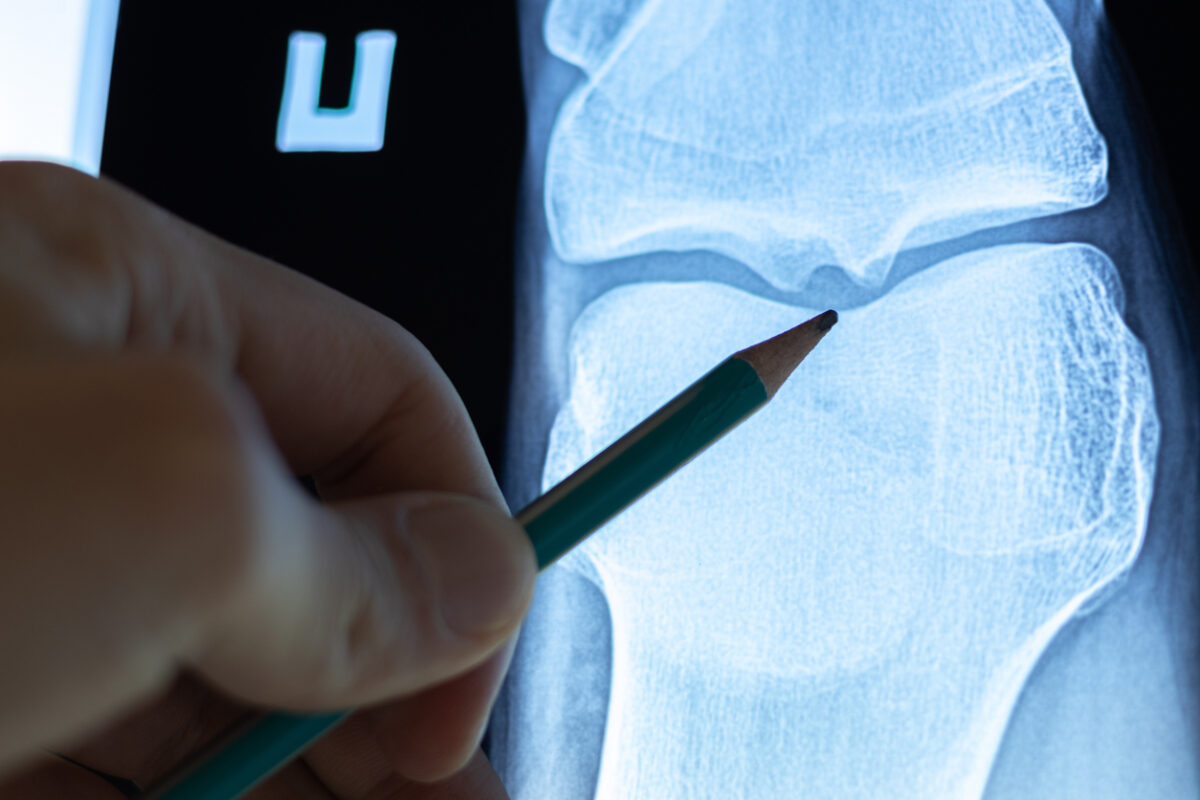Why Bone Density Declines After 60
Aging naturally leads to bone loss. After 60, the body absorbs calcium less efficiently, making bones weaker and more prone to fractures. Women face a higher risk due to menopause, which reduces estrogen levels, a key hormone in bone maintenance.
Bone loss can go unnoticed until a fracture occurs. Early prevention and proactive care are essential for maintaining bone density and overall mobility.
Essential Nutrients for Stronger Bones
Calcium and Vitamin D: The Foundation of Bone Health
Calcium builds and maintains strong bones. Dairy products, leafy greens, and fortified foods provide excellent sources. However, calcium cannot function effectively without vitamin D, which helps the body absorb it. Sun exposure and foods like fatty fish and egg yolks support vitamin D intake. Supplements can also help meet daily requirements.
Magnesium, Vitamin K, and Beta-Cryptoxanthin: Supporting Bone Regeneration
Magnesium supports calcium absorption, while vitamin K helps direct calcium to bones rather than arteries. Beta-cryptoxanthin, a powerful carotenoid found in mandarins, may reduce bone loss. Research suggests it stimulates bone-forming cells, helping prevent osteoporosis (NCBI).
Simple and Easy Exercises to Maintain Bone Strength
Low-Impact Weight-Bearing Activities
Weight-bearing exercises stimulate bone growth. Walking, dancing, and hiking strengthen bones without excessive strain. For those with joint pain, low-impact activities like tai chi and yoga improve balance and reduce the risk of falls.
Gentle Resistance Training for Bone Health
Resistance exercises build muscle, which supports bones. Light dumbbells, resistance bands, and body-weight exercises like squats or push-ups help maintain bone density. Start with light weights and increase gradually to avoid injury.
Everyday Activities for Bone Strength
Daily routines can improve bone health. Taking the stairs instead of an elevator, carrying groceries, and gardening provide natural resistance training. Simple movements like standing on one leg while brushing your teeth enhance balance and prevent falls.
Lifestyle Changes to Prevent Bone Loss
The Role of Diet in Bone Health
A balanced diet supports strong bones. Include protein, calcium-rich foods, and antioxidants. Reduce processed foods, which may promote inflammation and weaken bones. Hydration also plays a role; proper fluid intake helps maintain bone structure.
Avoiding Bone-Weakening Habits
Smoking and excessive alcohol consumption accelerate bone loss. High salt intake can deplete calcium levels. Maintaining a healthy weight is also critical—excess weight strains bones, while being underweight increases fracture risks.
Natural Supplements to Support Bone Health
How Juveriente Bone Strength Complex Can Help
Juveriente Bone Strength Complex contains mandarin extract rich in beta-cryptoxanthin, which supports bone metabolism. Many users report improvements in bone density and overall joint health. The supplement also includes calcium and vitamin D for comprehensive bone support.
Positive Customer Feedback
Juveriente Bone Strength Complex has received many favorable reviews on Amazon. Users praise its effectiveness in maintaining bone health, with some reporting improvements in bone scans after consistent use.
Where to Buy
Juveriente Bone Strength Complex is available on Juveriente’s website and Amazon. For those looking for a natural, science-backed approach to bone health, it provides an excellent solution.
Conclusion
Bone health after 60 requires a proactive approach. A nutrient-rich diet, weight-bearing exercises, and lifestyle adjustments all contribute to stronger bones. Natural supplements like Juveriente Bone Strength Complex offer additional support. Taking action today ensures mobility and independence for years to come.








